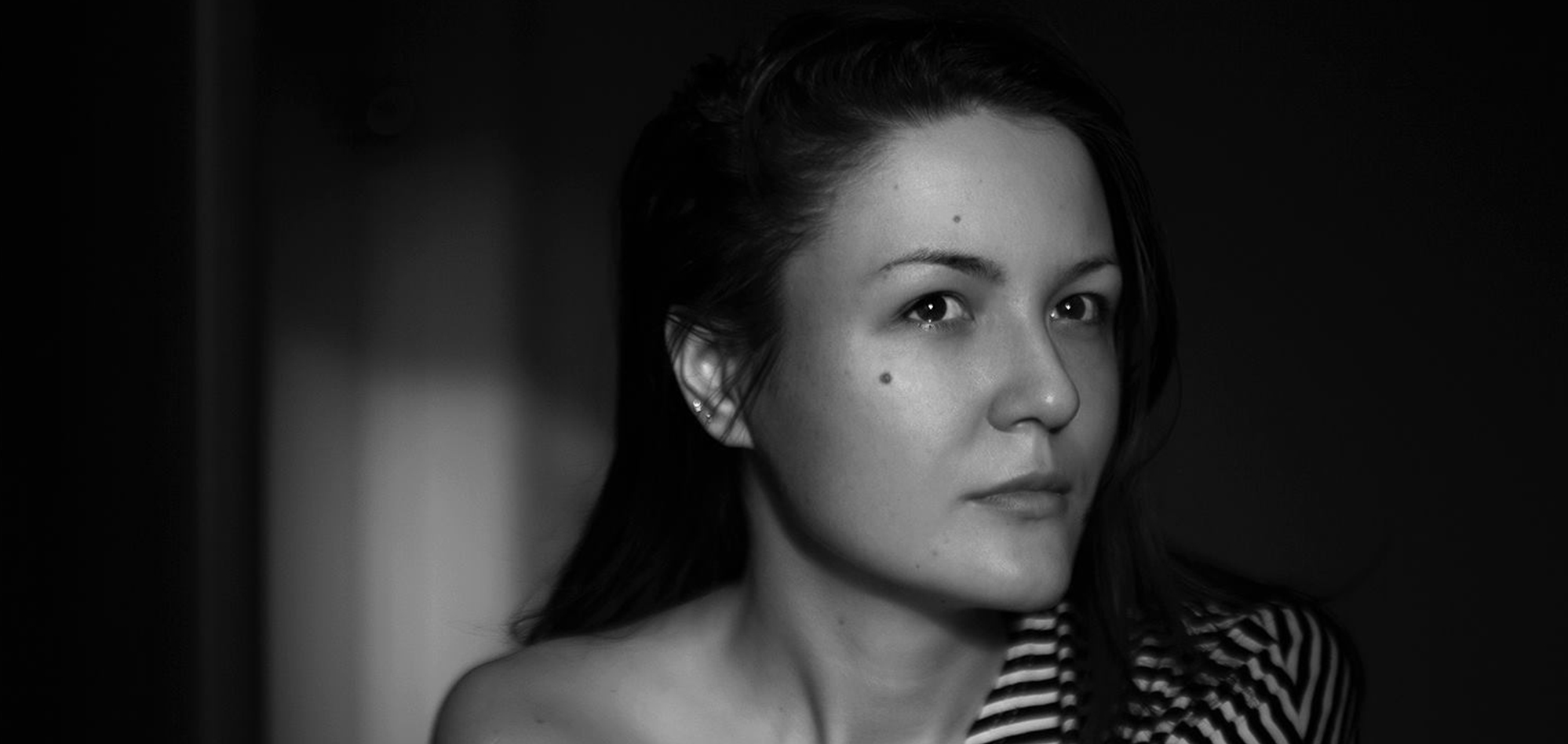Elinor Nechemya was born in Jerusalem and studied film at Tel-Aviv’s Minshar School of Art. Her 2017 short film “Everlasting MOM” premiered at the Toronto International Film Festival and screened at major film festivals such as Locarno, Sarajevo and Palm Springs. Her graduation film “Off Season” premiered at Slamdance and screened at Kustendorf. These days, she is writing her debut feature film, “Island.” She participated in the Berlinale Script Station with “Present Progressive,” a second feature project, and was part of the 2018 Locarno Filmmakers Academy.
Tara Karajica talks to Elinor Nechemya about “Our Hearts Beat Like War,” her fourth short film that premiered at this year’s Toronto International Film Festival, as well as her thoughts on the short form and the situation of women in today’s film industry.
How did you get into filmmaking and what inspires you to make films?
Elinor Nechemya: I found myself drawn to film after years of creative writing. I was in a self-unconscious chase after an image. I always looked for images that can reflect the clash between my inner world and the world itself, whether it was in writing or in still photography. At a certain point, I felt the urge to expand and to explore more ways of expression. Film was a whole new world of endless movement, desires, and a new language to learn. The story became a dominant component, but at the same time it was the rise of the image. Pure images from poetry that were always occupying my mind could be realized in different contexts. The tension between what the spectator hears and what he/she sees became my playground.
Can you talk about your short film Our Hearts Beat Like War?
E.N.: Our Hearts Beat Like War is a seemingly simple straightforward story that turns into a fantastic excursion into a kid’s wondrous mind. Through this film, I was trying to touch emotions of solidarity and compassion, to portray the moment when these strong emotions hit a young soul for maybe the first time. At the center of the film is a nine-year-old boy who goes with his mom to the refugee-aid center where she works. There, he hears a harsh testimony from an Eritrean girl his age, which he mixes with the fantasy book he reads before going to sleep. In his sleep, his mother tells him a surrealistic fairytale about a Syrian refugee family living in Sweden. This “fairytale” about a young Syrian boy who falls into a coma-like situation and the testimony of the girl are both based on true stories. The film is attempting to put these stories through the filters of a child, thus allowing grownup spectators to refine their emotions as well. The film was shot partly in a digital format and partly on 16mm film. The fantasy part of the film was shot in an old Bolex camera, using a hand crank technique.
How do you see the short form today?
E.N.: The short form of film is all I’ve experienced so far. I’m totally in love with it and I have directed seven short films to this day. I will shoot my eighth short film in a month from now. I think shorts will always be relevant to filmmakers. They capture the spirit of storytelling in its purest form and smallest unit possible – one line. At the same time, it allows you the freedom to experiment with aesthetics in a way that might be exhausting to do or to see in a feature length film.
What is your opinion on the situation of women in film today?
E.N.: From my point of view, women’s voices in the film industry today are highly requested and for a good reason. For a long time, these voices were too silent and too weak. The female narrative and female gaze have been missing, but finally it’s here to stay. I believe we will see it reflected in statistics with time, but we must be patient and focus on the important things: telling a new narrative and changing the perspective, without compromising quality content.
Who is your favorite female filmmaker and what is your favorite film by a female filmmaker?
E.N.: My favorite is still Lucrecia Martel from Argentina. I love her tempo, her aesthetics, the way she creates the atmosphere in her films. Her cinematic world is filled with passion and fear that crawl underneath the surface of the storyline and undermine it all the time. Her film, The Headless Woman, is one of the films that influenced me the most and is a great example of how her cinema is absolutely genius. It’s an existential film about the feminine condition, and on a different level, about classes in Argentina. A woman hits something or someone with her car and loses her memory. Learning about her life again becomes a disturbing experience.
What are your next projects?
E.N.: My next project is a short film, and it’s about female friendship and feminine passion in the face of the transition to motherhood. I’m also currently working on my feature debut film, Island, about a woman who is moving with her family to a middle-class building complex on the outskirts of suburbia and gets into a bizarre sex game with the other tenants of her building that awakens her passion in the most unexpected place.
Photo credits: Elinor Nechemya.
This interview was conducted during the 2020 (virtual) Toronto International Film Festival.










